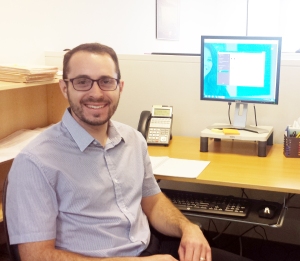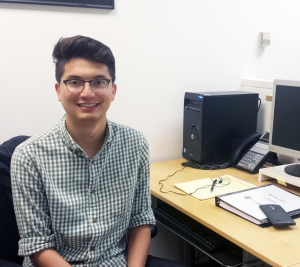
UPDATE on Omnibus Budget Bill, Friday March 23, 2018, 9:45 a.m.
The Senate approved their motion to concur with the House bill H.R. 1625 on Thursday night, voting 65 to 32. Roll call vote is here. Senators Feinstein and Harris both voted Nay, in part because of the bill’s failure to address immigration relief for Dreamers. Senator Harris shared her thoughts on the bill on Twitter yesterday in this tweet thread. Senator Feinstein tweeted yesterday that she opposed the bill because of its failure to do anything about DACA.
President Trump tweeted at 5 a.m. PST on Friday morning that he is considering vetoing the bill – that message is here. Without a budget bill, the federal government will shutdown at midnight on Friday night.
OneJustice will continue to monitor the situation and keep you posted.
Our original blog post, and more details on the bill and its impact on legal aid funding, follow below.
———————————————
March 22, 2018
After months of Congressional jockeying, the House of Representatives today passed a $1.3 trillion compromise spending bill for Fiscal Year 2018. In an encouraging sign for the legal aid community, the bill approves a $25 million funding increase for the Legal Services Corporation (LSC), the federally-controlled nonprofit which provides funding for legal aid organizations across the country.
Additionally, the bill does not weaken or dismantle the Johnson Amendment, as some had feared. This ensures that nonprofit organizations can continue to fulfill their missions to provide social good without being subject to political pressure.
Today’s bill is a far cry from recent budget proposals. President Trump called for the complete elimination of funding for the Legal Services Corporation in the White House budget proposal, released in February. Similarly, the House itself proposed to cut field grants for LSC nearly 25% last fall.
In a change of course, the House bill increases overall funding for the Legal Services Corporation by $25 million (from $385 million to $410 million). Specifically, the bill would increase basic field grants by $24 million, to $376 million – meaning that 96% of the increase would go directly to legal services.
Julia R. Wilson, OneJustice CEO, stated: “We are encouraged by the House’s spending bill. Any cuts to the Legal Services Corporation would have a devastating impact on millions of Americans, including the nearly 200,000 Californians who rely on legal services. The increase in the bill, instead, recognizes the incredibly positive impact that legal aid organizations have on communities all around the country.”
Moreover, this change in the House appropriation demonstrates that Congressional education efforts, a bipartisan “Dear Colleague” letter signed by over 180 members of Congress, and the negotiations to increase overall domestic spending have been successful in demonstrating the value of legal services.
While the signs from the House are encouraging, the process is not over. The bill passed the House 256-167, according to CNN, and now proceeds to the Senate. If passed there, the legislation would then need to be signed by President Trump by midnight on Friday, March 23, in order to avoid another government shutdown.
And while the increases seen in this bill are certainly necessary, more is needed to secure access to civil justice for people in need. The Legal Services Corporation’s own FY 2018 budget request provides a roadmap to achieving this – and, at the end of the day, this is the goal we must aim for.
The full text of the bill is available here. News outlets began publishing their analyses of the bill last night. OneJustice will continue to monitor the legislative process and provide update and alerts.
Stay informed and stand up to protect civil legal aid in California. Click here to sign up for Californians for Legal Aid to receive advocacy alerts and policy updates about legal aid!























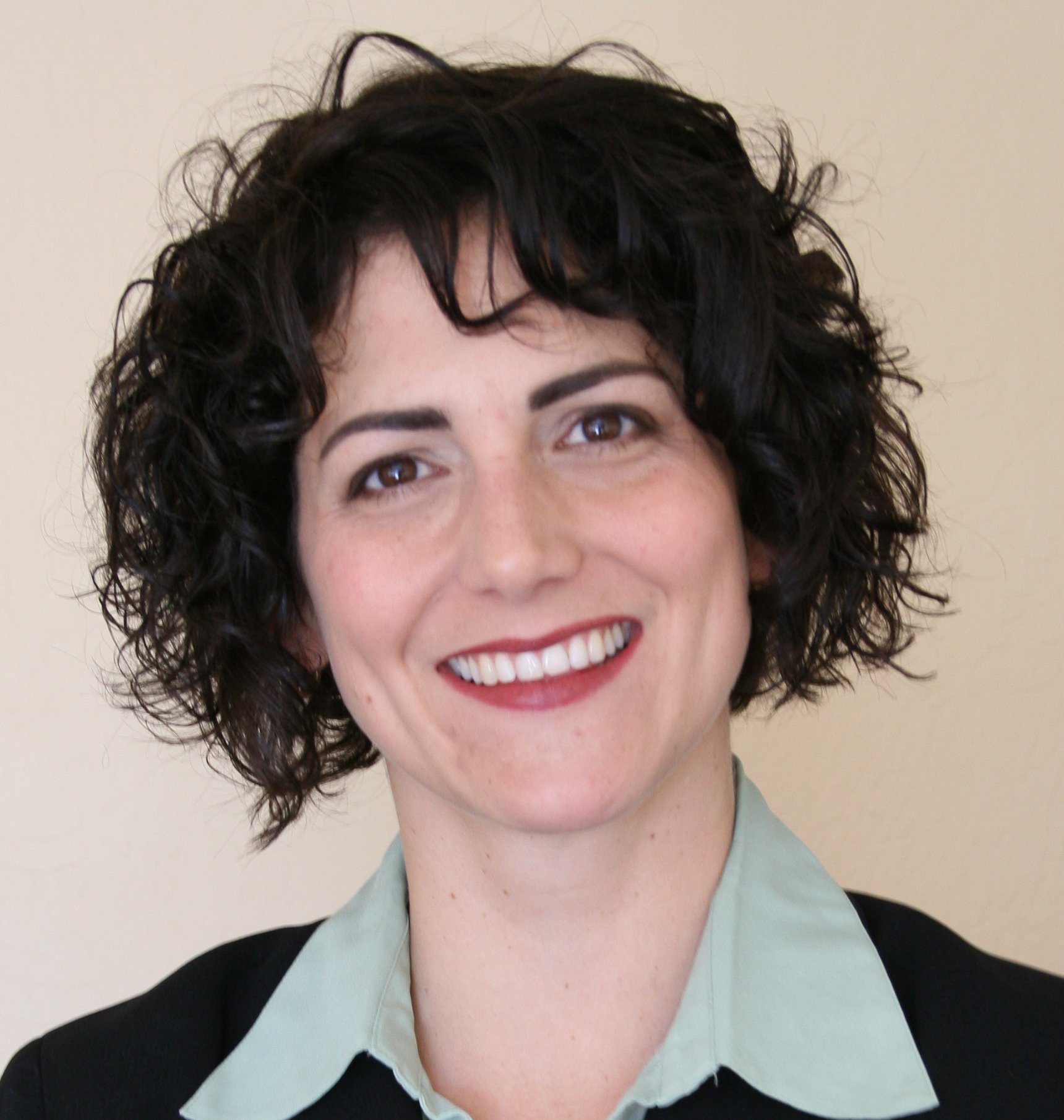

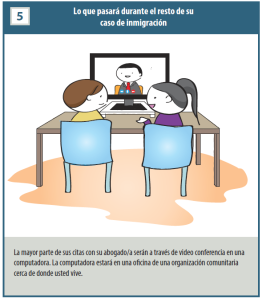
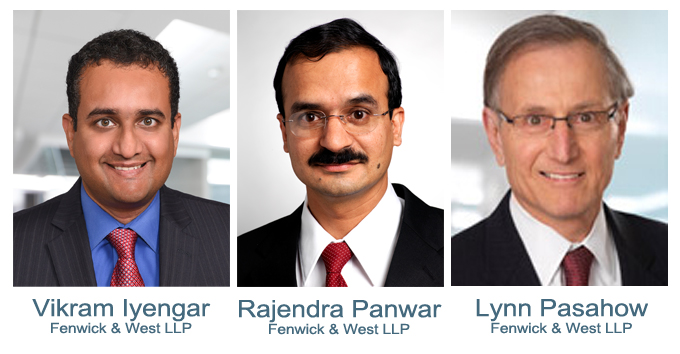
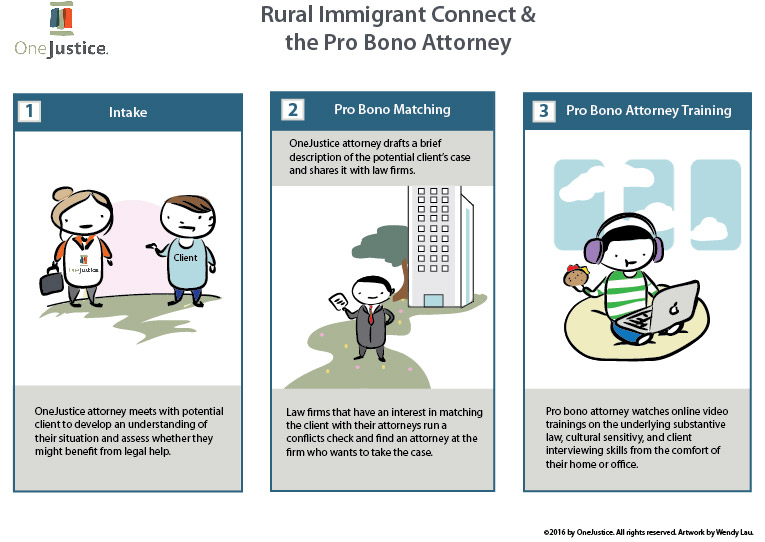
 Renée Schomp is an Equal Justice Works Fellow sponsored by Fenwick & West LLP and Staff Attorney at OneJustice. She currently spearheads the Rural Immigrant Connect project in California’s Central Valley.
Renée Schomp is an Equal Justice Works Fellow sponsored by Fenwick & West LLP and Staff Attorney at OneJustice. She currently spearheads the Rural Immigrant Connect project in California’s Central Valley.